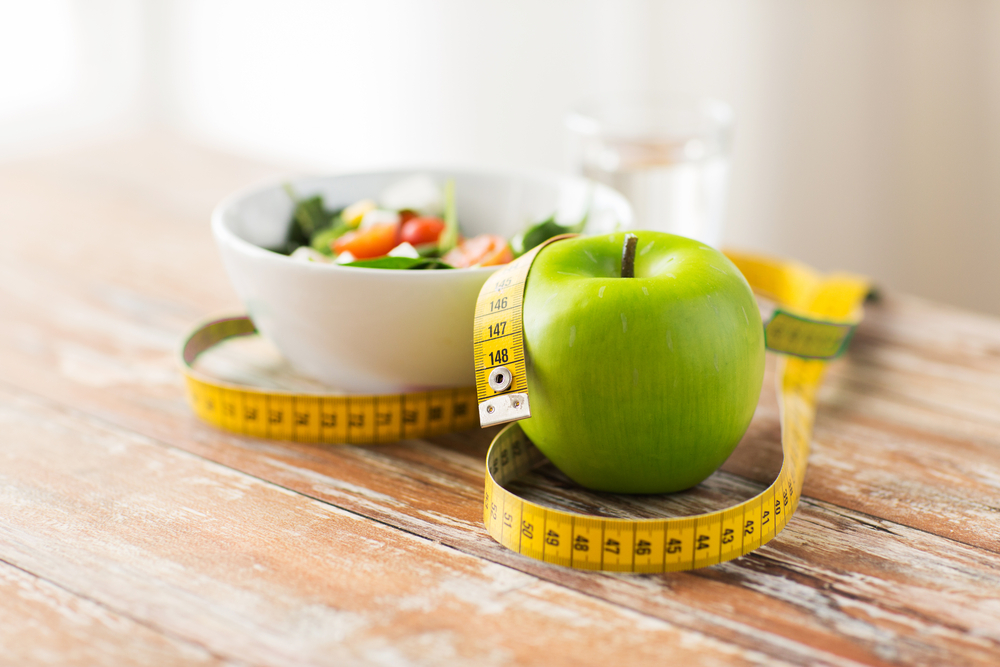Often with the goal of weight loss, it is recommended to lower your carbohydrate intake. But for what reasons? In this article, find the reasons for this intake as well as an example of a low-carb diet program.
What are carbohydrates for?
The role of carbohydrates is to provide energy to the cells of the human body. They are divided into two groups:
- Simple carbohydrates. These include sucrose (white sugar), fructose (found in fruit) and lactose (found in milk).
- Complex carbohydrates. These are found in starchy foods, vegetables and cereals.
In order for carbohydrates to become a source of energy for your body, your body will convert them into glucose. Glucose is either used to run the body or stored in the muscles and liver to be released during future exercise. The glucose is then transformed into glycogen and will be released again as glucose during your training, for example.
To Know: In popular belief there are two types of sugar: slow and fast, which are assimilated more or less quickly by the body. However, several studies prove the contrary (R. Spaethe in 1972, Crapo in 1976, Jentkins, 1981). These studies have shown that:
- the increase in blood sugar is not directly related to the complexity of sugars
- the time between the ingestion of a food and the occurrence of the blood sugar peak is the same regardless of the nature of the carbohydrate
Why should carbohydrates be reduced?
In the past, excess carbohydrate intake had little impact because everyone was physically active every day. Nowadays, people's lifestyles have changed and more and more people work behind a desk. So while carbohydrate intake is fuel for the human body, it also has its drawbacks. If you eat a lot of carbohydrates, you will have more energy, but you will also saturate your body.
Meals high in carbohydrates lead to fat storage.
What? How can sugar become fat? Well, it's just a chemical reaction in the body.
When too many carbohydrates are consumed, the body will convert them into fatty acids (lipogenesis). In addition, when we eat a meal consisting of carbohydrate-rich foods, insulin production will start. Insulin secretion will regulate the presence of glucose in the blood, but will have the negative effect of storing it in the fatty tissue and consequently making you fat.
The important thing is to reduce your sugar intake. However, this is not without disadvantages: with a low amount of carbohydrates, the body will lack energy, which is why it is important to consume a lot of proteins and fats in a low-carb diet.
Examples of low carbohydrate diets
In our example we will take a man and a woman of about 30 years of age, who are moderately physically active (twice a week) and have a sedentary job (sitting behind a desk). The following programmes reduce fat by reducing carbohydrate intake and sugar consumption and build muscle with a high protein diet.
The programmes consist of 3 meals and 2 snacks. The aim is to provide energy throughout the day to compensate for the low carbohydrate content. In the absence of a large amount of carbohydrates, fats and proteins will be the main source of energy.
Men's programme, target 2150 ckal/day
| Food | QUANTITY |
|---|---|
| Oat flakes | 50gr |
| Vegetable milk | 200 ml |
| Fruit juice (pressed) | 1 glass |
| White cheese 0% | 200gr |
| Peanut butter | 30gr |
| Red/white meat or fish | 200gr |
| Olive oil | 20 gr |
| Vegetables (cauliflower, spinach. . . ) | unlimited |
| Avocado | 1 |
| Fruit | 1 |
| Dried fruit | 20gr |
| 200gr | |
| Red/white meat or fish | 200gr |
| Vegetables | Illimited |
| 20gr | |
| Fruit | 1 |
Women's program, 1900 ckal/day
| Food | QUANTITY |
|---|---|
| Oat flakes | 50gr |
| Vegetable milk | 200 ml |
| Fruit juice (pressed) | 1 glass |
| White cheese 0% | 150gr |
| Peanut butter | 20gr |
| Red/white meat or fish | 150gr |
| Olive oil | 15 gr |
| Vegetables (cauliflower, spinach. . . ) | unlimited |
| Avocado | 1 half |
| Fruit | 1 |
| Dried fruit | 20gr |
| 150gr | |
| Red/white meat or fish | 150gr |
| Vegetables | Illimited |
| 15gr | |
| Fruit | 1 |
Don't be afraid of this low carb program, the protein and fat present are enough to give your body all the energy it needs despite the low carb content.
In these programmes the daily carbohydrate content is less than 100gr (oatmeal, fruit and vegetables), whereas the fat content is very high. However, all the fats consumed are "good fats" rich in Omega 3.
Depending on your lifestyle, it may not be easy to take the snacks, so you can turn to food supplements, replacing cottage cheese with a protein-rich bar for example.
Finally, you can see that the carbohydrate intake will be via fruit and vegetables, so try to choose those with a low glycaemic index (broccoli, cabbage, fennel, spinach, strawberries, raspberries, cherries, etc. ) in order to avoid excessive insulin secretion.



